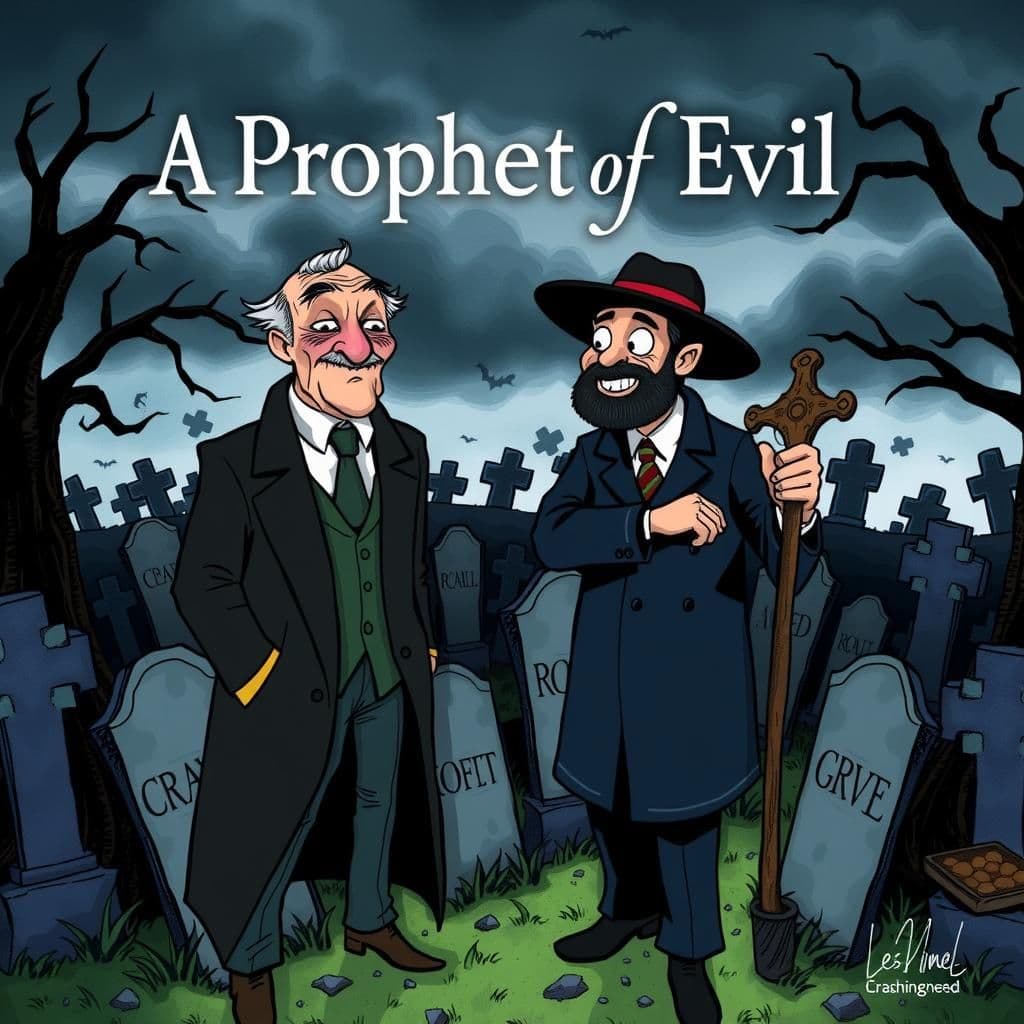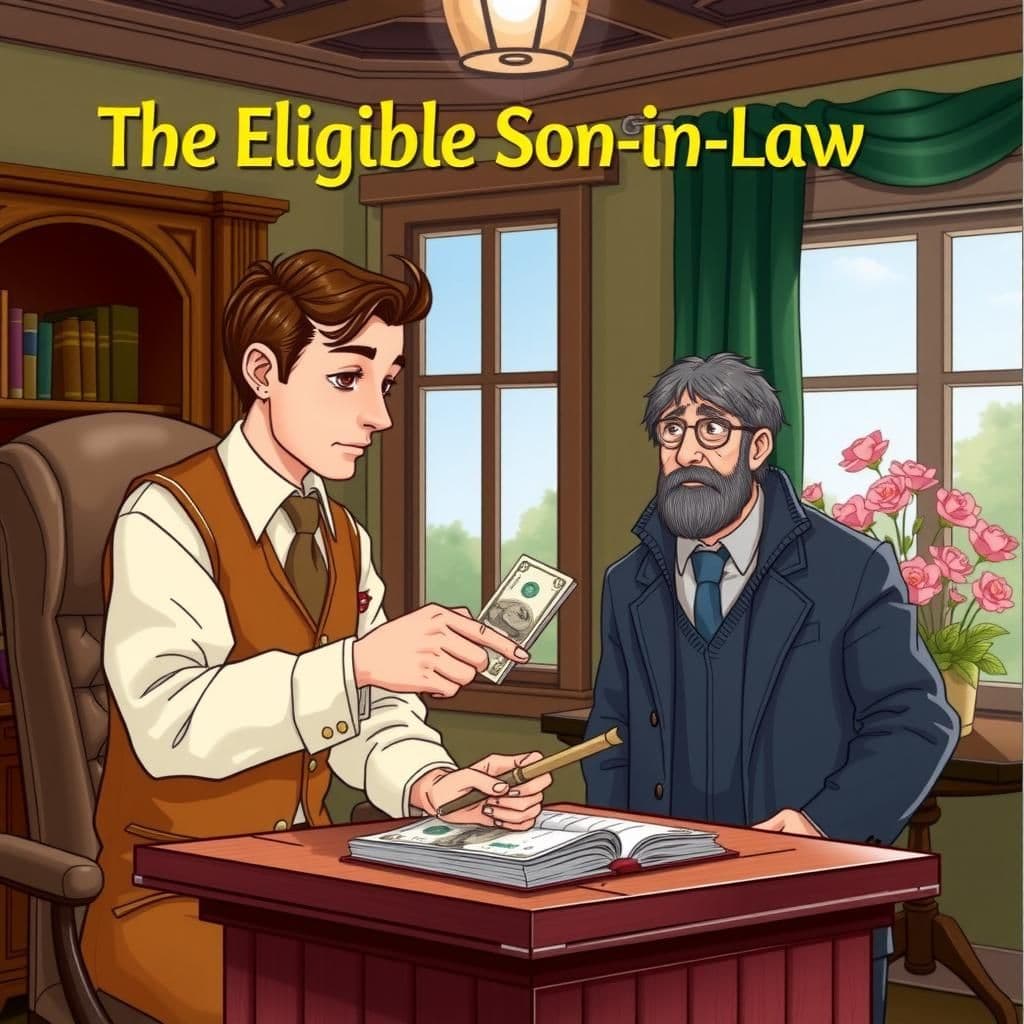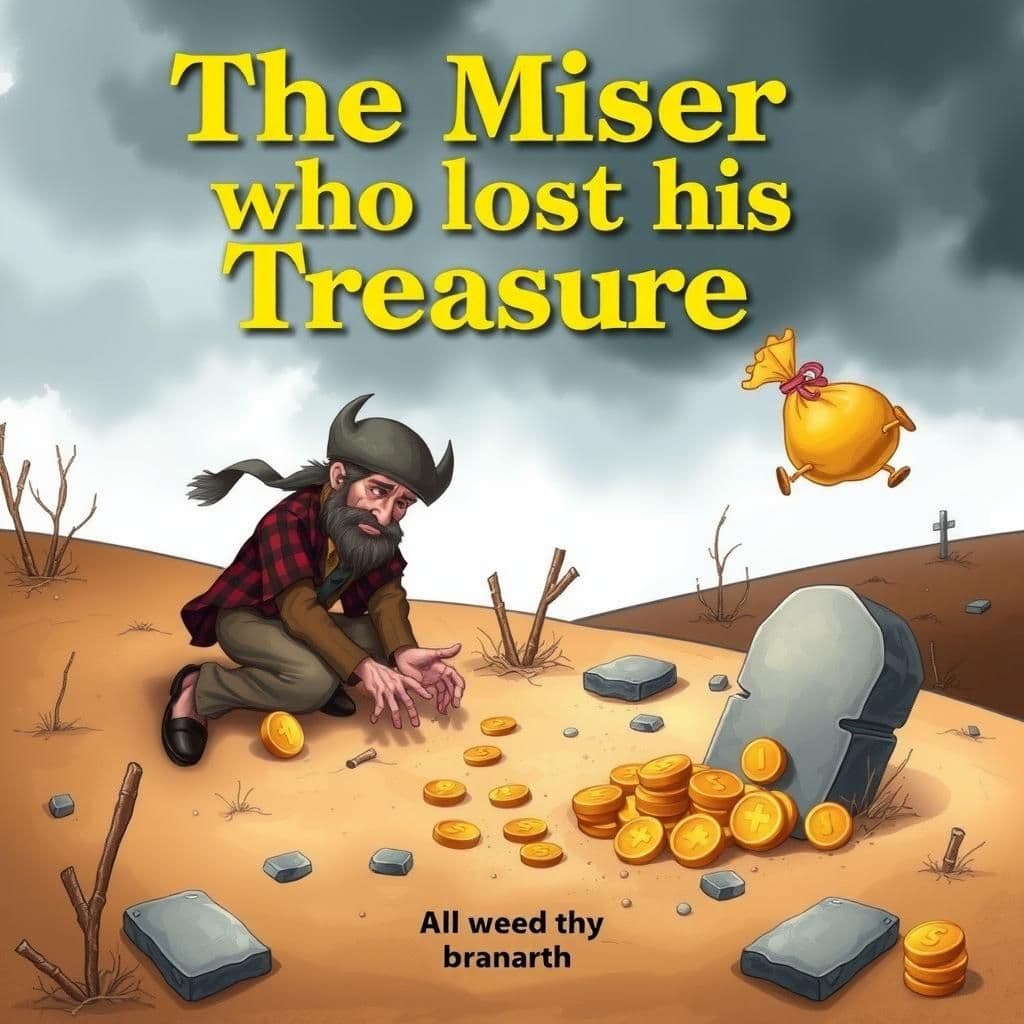A Prophet of Evil

Story Summary
In "A Prophet of Evil," an undertaker encounters a gravedigger who reveals that his union, the Gravediggers' National Extortion Society, is limiting the number of graves to increase profits. The undertaker warns that if people cannot secure graves, they may stop dying altogether, which could have dire consequences for civilization. This engaging moral tale highlights the absurdities of prioritizing profit over essential human needs, making it a thought-provoking addition to the realm of life-changing stories with moral lessons.
Click to reveal the moral of the story
The story highlights the absurdity and detrimental consequences of prioritizing profit over societal needs, suggesting that greed can undermine the very foundations of civilization.
Historical Context
This story reflects the satirical tradition of allegorical fables, reminiscent of Aesop's fables and later adaptations by writers like George Orwell and Franz Kafka. It critiques the absurdity of capitalism and the manipulation of essential services for profit, a theme prevalent in early 20th-century literature amidst the rise of labor movements and economic disparities. The humorously exaggerated premise of a "Gravediggers' National Extortion Society" serves as a commentary on societal values regarding life, death, and the commodification of human needs.
Our Editors Opinion
This story highlights the absurdity of prioritizing profit over essential services, a concern that resonates in modern life with industries that manipulate supply to drive up prices, often at the expense of societal needs. For example, during the COVID-19 pandemic, some companies hoarded personal protective equipment (PPE) to sell at inflated prices, jeopardizing public health in the pursuit of profit, illustrating how self-serving practices can undermine the welfare of the community.
You May Also Like

The Lion, the Bear, and the Fox
In this entertaining moral tale, two thieves steal a piano but are unable to fairly divide it, resorting to bribing a judge to settle their dispute. When their funds run dry, an Honest Man intervenes with a small payment, winning the piano, which his daughter then uses to train for boxing, ultimately becoming a renowned pugilist. This quick read story with moral highlights the value of integrity and unexpected paths to success in real-life stories with moral lessons.

The Eligible Son-in-Law
In "The Eligible Son-in-Law," a pious banker is approached by a shabby man seeking a loan of one hundred thousand dollars, claiming he will soon marry the banker's daughter, presenting this as the best security. The banker, unable to see the flaw in this scheme of mutual benefit, agrees to the loan, illustrating the themes often found in short moral tales that emphasize the importance of discernment and the potential pitfalls of blind trust. This folklore-like story serves as a motivational tale for personal growth, reminding readers to critically assess promises that seem too good to be true.

The Miser who lost his Treasure
"The Miser Who Lost His Treasure" is an inspirational short story with a timeless moral about the futility of greed. The tale follows a miser who hoards his wealth, only to be devastated when a grave digger steals his buried coins, revealing that he never enjoyed his riches. A passerby poignantly points out that since he never used the money, he might as well have kept a rock in its place, emphasizing the lesson that true possession comes from usage, not mere accumulation.
Related Collections
greed
Stories with similar themes and morals
Stories about Undertaker Who Was a Member of a Trust
Stories featuring similar characters
Other names for this story
Grave Diggers' Gambit, The Extortion Society, Profits of Death, The Grave Market, Buried Profits, The Undertaker's Lament, Shadows of Greed, The Gravedigger's Conspiracy
Did You Know?
This satirical story highlights the absurdity of monopolistic practices, even in the context of death, emphasizing how economic interests can conflict with societal needs and the natural order of life and mortality. The Undertaker's lament underscores the irony of prioritizing profit over essential services that uphold civilization itself.
Subscribe to Daily Stories
Get a new moral story in your inbox every day.